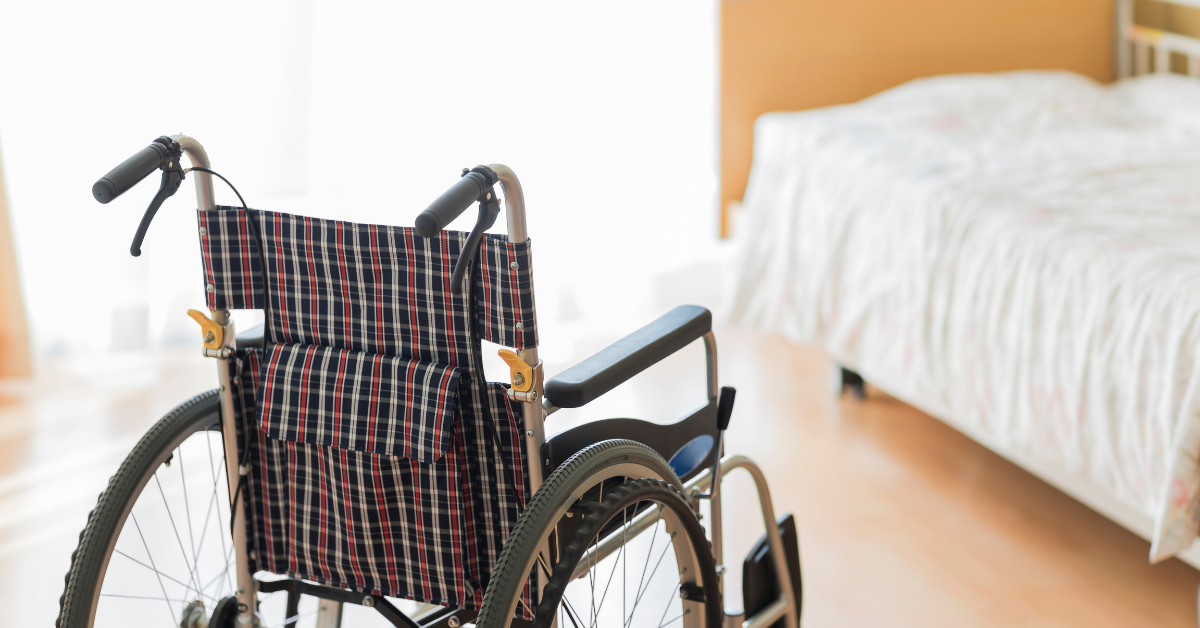Americans expect nursing homes and other elder care facilities to care for their loved ones in their later years. When nursing home staff and management fail to provide responsible, compassionate, and respectful care, that trust shatters.
Unfortunately, many nursing home abuse victims do not (or cannot) report that they are being harmed. The World Health Organization (WHO) estimates that only 1 in 24 nursing home abuse cases are reported, either because victims are afraid to speak up or physically can’t do it. That means it’s crucial to watch for the warning signs of abuse or neglect in your loved one.
What Is Nursing Home Abuse?
Nursing home abuse or neglect occurs when caretakers and staff in a nursing home or other long-term care facility intentionally or unintentionally harm residents.
Common Signs of Nursing Home Abuse
Red flags for nursing home abuse include:
- Direct complaints from the resident
- Malnutrition
- Dehydration
- Bedsores/pressure ulcers
- Infections
- Medication errors, including overmedication or sedation
- Poor personal hygiene, including soiled or torn clothing or bedding
- Broken eyeglasses or hearing aids
- Unsanitary living areas
- Restraint injuries
- Unexplained injuries, or multiple injuries in various stages of healing
- Genital areas or diagnosis of new sexually transmitted infections
- Sudden changes in behavior, including agitation, fear or staff members or of being left alone, withdrawal, or self-soothing behavior like rocking or mumbling
- Missing property
- Unexplained financial transactions in a resident’s bank or brokerage accounts
- Changes to estate planning documents
- Unsupervised wandering
What Should I Do If I Suspect Nursing Home Abuse or Neglect?
If you suspect that a loved one is suffering from nursing home abuse or neglect, take immediate steps to protect their safety.
- If you believe your loved one is facing imminent injury or death, call 911 or the local police to have law enforcement intervene right away. You can also report suspected long-term abuse or neglect to the South Carolina Department of Health and Environmental Control’s Bureau of Health Facilities Licensing.
- Document your observations. Take photos of poor conditions of the facility, injuries to your loved one, or changed behaviors suggestive of senior neglect.
- Talk to a nursing home abuse lawyer. An attorney can investigate the situation and discuss your concerns with nursing home management or staff to make sure matters are addressed properly and, if necessary, through the legal system.
How Do I Prove Elder Neglect in a Nursing Home?
Evidence that might help you prove that your relative suffered from abuse or neglect in a nursing home includes:
- Pictures of visible injuries on your loved one, damage to your loved one’s clothing or property, or of the condition of living facilities
- Testimony from other residents or staff who may have witnessed abusive or neglectful conduct
- Surveillance camera footage
- Medical records
- Bank statements or financial records
Get Legal Help from Our SC Nursing Home Abuse Lawyers Now
South Carolina seniors have rights. If you believe you or a loved one is a victim of nursing home abuse, contact a Bamberg nursing home abuse attorney at Wilson Law Group, LLC right away. We’ll take immediate action to remove your loved one from the situation, investigate the allegations, and aggressively hold the at-fault parties accountable. Call or contact us today for a free consultation.

